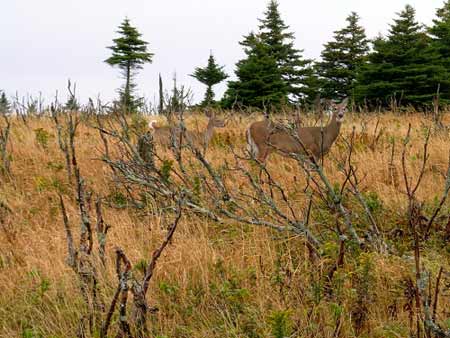|
 |
They lose.
Back in the Middle/Dark Ages in England the primary natural resource was venison. A deer would be born on one Lord’s land, eat grass on a second Lord’s land, and be killed on a third Lord’s land. They were “ferra naturae”.
Law suits ensued to determine which Lord was entitled to the venison, or what share of the venison. We can only image all the possible factual permutations of individual deer being born, eating and moving and being captured.
So, English courts decided to use a “bright line rule”. They decided that the deer and its meat belonged to the Lord who “captured” the deer.
Jump forward a few centuries -- and across the Atlantic Ocean.
At the time of the first suits, oil and gas was also believed to be “ferra naturae” in its underground rivers. So the Courts, using common law precedent, applied the Rule of Capture to the oil and gas that was captured and produced out of oil and gas wells.
In West Virginia, our Supreme Court long ago adopted the common law “Rule of Capture” in deciding who owns the oil and gas that come out of oil and gas wells. It was first adopted when we thought that oil and gas ran underground in rivers. The Rule of Capture says that if the oil or gas comes out of a well drilled on the mineral tract that you own, it is yours.
This legal precedent, literally from the Dark Ages, is still applied today! If a mineral owner drills a well on their own land, they get all of the oil and gas that come out of that well, even if we know for a scientific fact that the well has to be draining oil or gas from neighboring mineral owners.
Not only can this result in legalized stealing, but it can cause extra, unnecessary wells to be drilled to produce a total of less gas, which works to the detriment of almost everyone involved, as explained above. {Link to 003}
Just how does the Rule of Capture, besides authorizing legalized stealing, result in unnecessary extra wells to the detriment of almost everyone? Keep going.
| Go directly to intro or slide: 1 2 3 4 5 6 7 8 9 10 11 12 13 14 15 16 17 18 19 20 21 22 23 24 24a 25 26 27 28 29 30 31 32 33 |